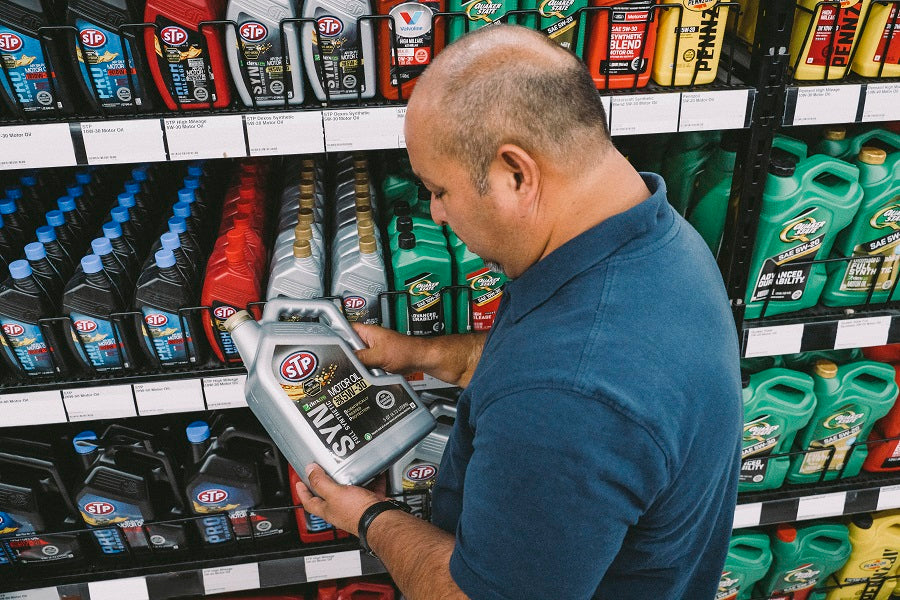Both synthetic and conventional oil will protect your engine, but it all comes down to what is a better fit for your car. It's best to follow your owners manual when looking for the recommended oil.
Here are a few tips from NolimAutoParts to help you decide what’s best for your car.
WHAT SHOULD I PUT IN MY CAR?
Synthetic and Conventional motor oil will both protect your engine, but synthetic oil will do it as much as 47% better* and resist breakdown under extreme temperature conditions. As with most maintenance, best practice is to follow the advice in your owner’s manual. If your car does not absolutely require a certain type of oil, you can choose between the products based on performance and cost. While synthetic motor oils tend to be more expensive, they are shown to reduce buildup of sludge and operate more efficiently under extreme temperatures. For cars with over 75,000 miles, be sure to use a high mileage oil.
BETTER PROTECTION FOR LONGER
Just like conventional oil, synthetic motor oils act as a barrier, protecting your engine components. When battling heat and friction, over time the additives in both oils will begin to break down, reducing their ability to protect your engine.
READY TO GO IN, HOT OR COLD
Synthetics provide better cold weather protection through faster oil flow at start up. They also tend to resist breakdown better in high-heat situations, like summer or high-performance conditions.
IT’S STILL ABOUT A FIT
If you’re thorough and consistent about changing your oil on time, conventional motor oil will protect your engine. If you’re looking for a product that is less likely to break down, or you’re living and driving in a place with some major cold or extreme heat, synthetic oil can provide peace of mind along with superior protection. And if you’re driving a performance vehicle, synthetic oil is almost always recommended.
BETTER FOR TURBO
Many modern engines utilize a turbocharger for additional power, making heat resistance demands higher. Synthetic oil protects these components better.
 English
English Arabic
Arabic







 Chat with Us
Chat with Us
